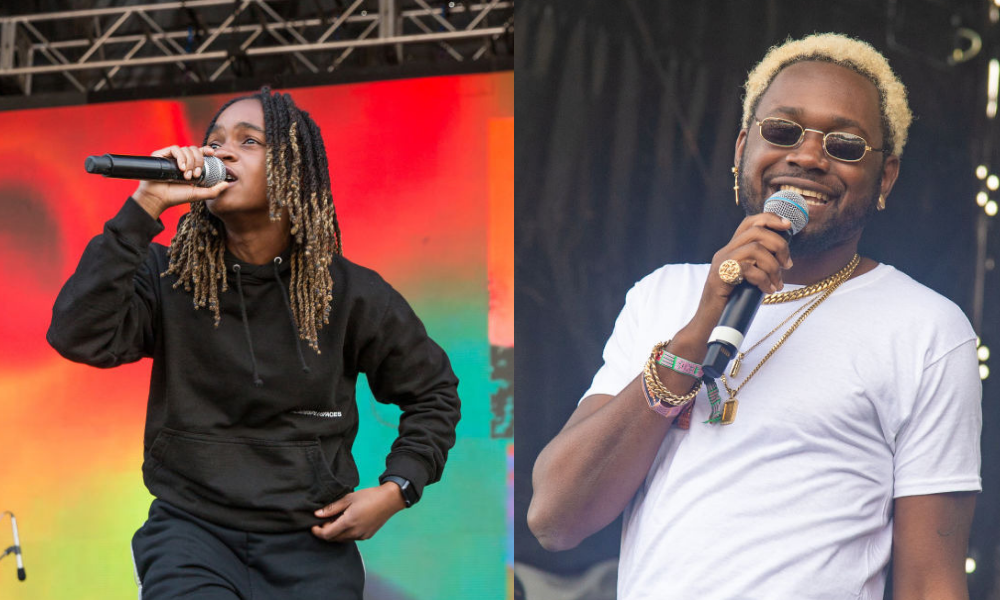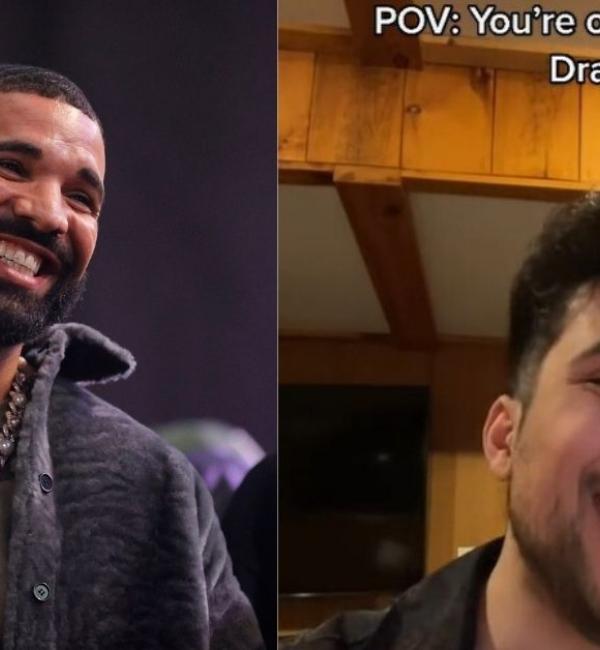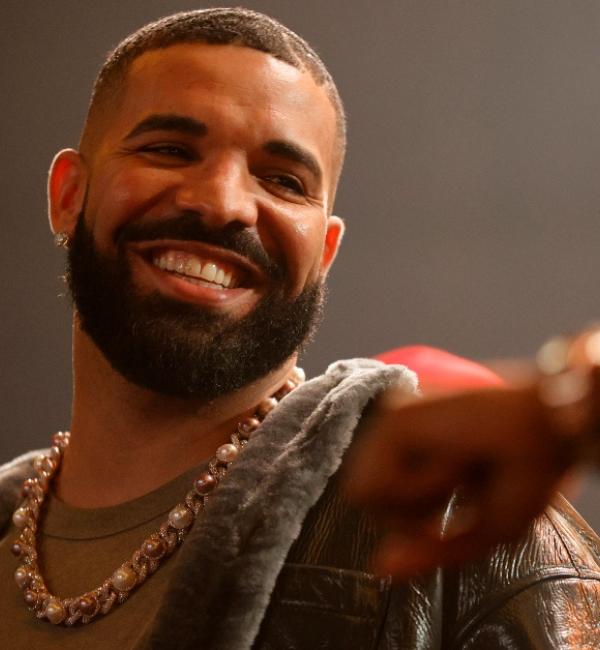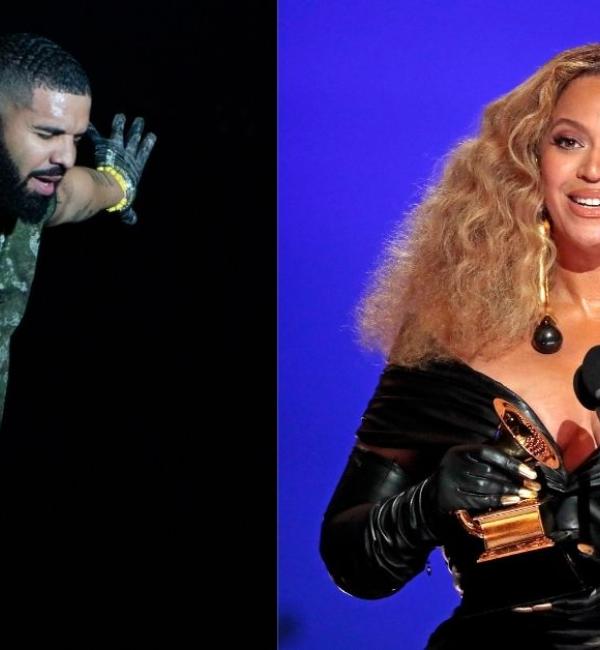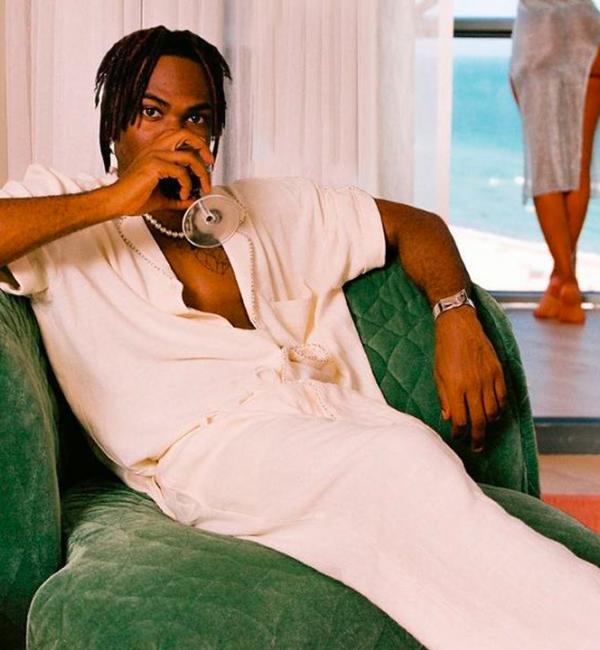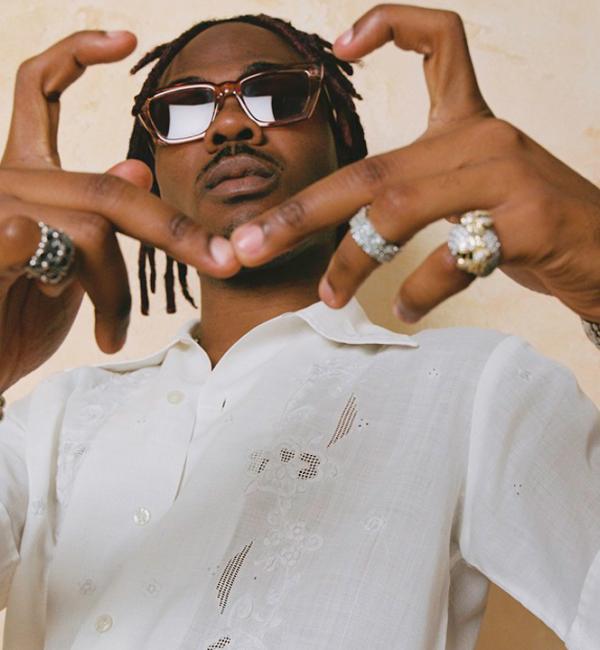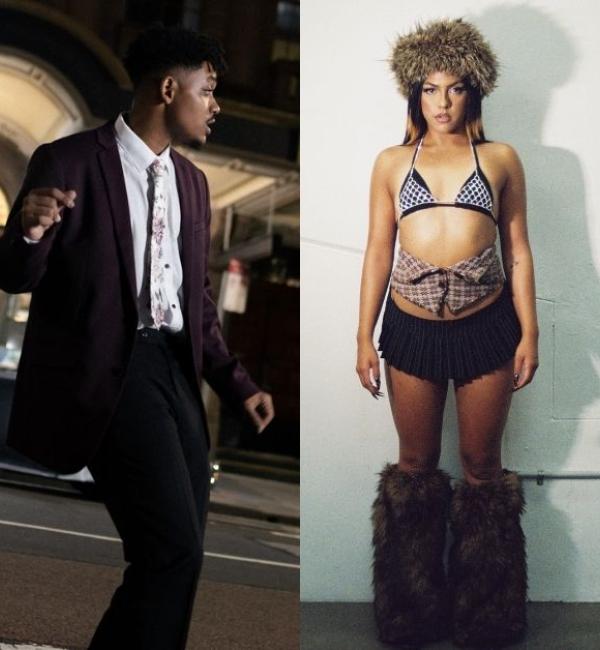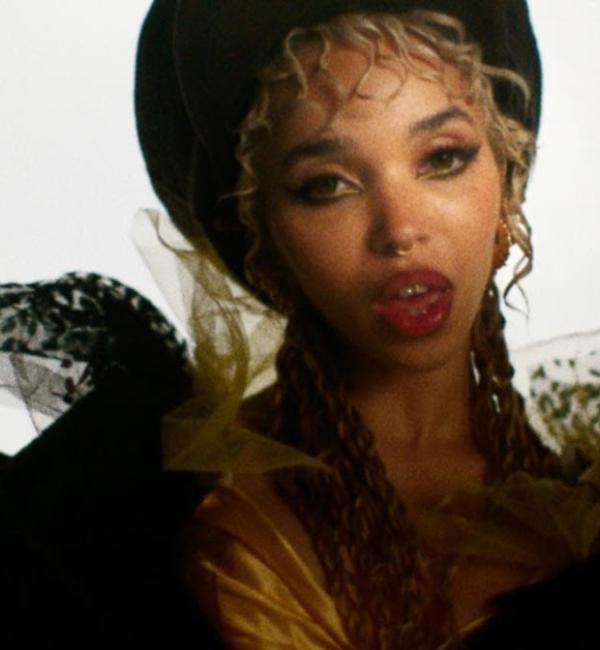
Unlike other genres, pop music is a summation of its surroundings. There are few constants in pop besides its plethora of stars; some who find themselves disposed of as a trend fizzles out, and others who become mainstays as they transform with the times. However, with the advent of the internet, trends in pop music rarely have a longer shelf life than a few years. From the burst of the EDM bubble to the dizzying period of Party Rock Anthem knock-offs, over the last two decades pop music’s metabolism for niche cultures has increased. Yet one idiosyncratic sound from Jamaica refuses to retreat.
Originating in the 1970s, dancehall music evolved from gatherings of working-class Jamaicans in dance halls. As the country moved from a socialist government to a more conservative one, musicians who created international oriented reggae became much more focused on the inwards lives of the Jamaican people.
The mark of dancehall were live performances in sound systems and dance halls, physical areas designated for partying, eating, drinking, and socialising since the '40s. Much like the early iterations of New York hip-hop, deejays performed spoken word over vinyl records. While reggae was informed by rastas, spanning themes like black liberation, sovereignty and social injustice, dancehall was hedonistic covering sex, violence, and dance.
Dancehall swept the island nation over the next two decades. And in the '90s the genre found an international audience. In 1993, Jamaican musician Shaggy released Carolina, a dancehall remake of the Folkes Brothers ska jaunt. The imminent release of other dancehall hits followed, including Beenie Man’s Dancehall Queen, Shaggy’s Boombastic and Dawn Penn’s 1994 hit No, No, No. Yet it wasn’t until the new millennium that dancehall found its way into the pop charts.
The release of Sean Paul’s 2002 LP Dutty Rock became the catalyst for dancehall’s influence on pop music. Songs like Get Busy and the Beyoncé-assisted Baby Boy made an impression on a new audience that wasn’t privy to the more regional sounds of Elephant Man, Lady Saw, Vybz Kartel and Aidonia.
But today, if you asked an average music fan what their favourite dancehall song is, they'd likely respond with Work by Rihanna featuring Drake. And as one of the best songs of the last decade, it isn’t a bad answer at all. As music is geared towards becoming more genre-agnostic, dancehall has cast a wider net.
Artists like Popcaan, whose feature on Drake’s 2016 hit, Controlla, brought him into the spotlight, released one of the biggest dancehall releases of the decade. His record, Where We Came From received universal praise. This was around the same time that Atlantic Records, home to Sean Paul and Elephant Man, signed Queens-via-Jamaica dancehall singer Kranium. The strength of his Soundcloud hit, Nobody Has to Know, not only scored him a remix with Ty Dolla $ign but his mellifluous take on the Caribbean genre signalled exciting times ahead.
Spikes in dancehall’s popularity inspired hits like Sorry by Justin Bieber, and by her own admission, What You Want by Meghan Trainor. While many people cheered Bieber for bringing back dancehall, others derided it for appropriating a sound and dance that wasn't thoughtfully sourced. While Drake received similar backlash for his own attempts at Caribbean slang littered throughout his fourth studio album, Views.
Despite dancehall’s cyclical popularity artists like Popcaan, Kranium, Spice and newcomer Koffee have continued their masterful harness of the genre.
Two years ago, 19-year-old Mikayla “Koffee” Simpson rose to prominence with Legend, a home-recorded tribute to Usain Bolt. Koffee’s lilting voice, melodic flow and infectious ragga fortitude boast an ability beyond her years. Rapture, the title track on her debut EP is an intoxicating and moody jaunt sung in Jamaican patois, tempered by manufactured grittiness. Reported to be one of the collaborators on Rihanna’s highly anticipated (albeit rumoured) upcoming record, Koffee’s exuberant dancehall EP pushes forward the genre’s continued worldwide domination.
Earlier in the year, the dancehall wunderkind performed in Buffalo for Fall Fest after another Jamaican mainstay. “I’ve been listening to [Kranium’s] music ever since I was in high school,” said Koffee. “He’s definitely big in Jamaica as well and his audience has been spreading internationally too, so I feel very proud to be on the road alongside him tackling different audiences.”
Since emerging into the pop stratosphere with his distinct dancehall tracks, Kemar “Kranium” Donaldson is preparing to release his sophomore record. The timing is nothing if not perfect, with dancehall experiencing a recent upswing in popularity with a new school of acts and the increasingly urgent pressure fans are putting on Rihanna for that dancehall record.
Trends in pop music come and go, but since 2002 music critics and fans alike have grappled with the intermittent prevalence of dancehall. The early-'00s may have been a playground for those looking to dabble with superfluous regional sounds, but today one thing is clear: dancehall isn’t going anywhere.
